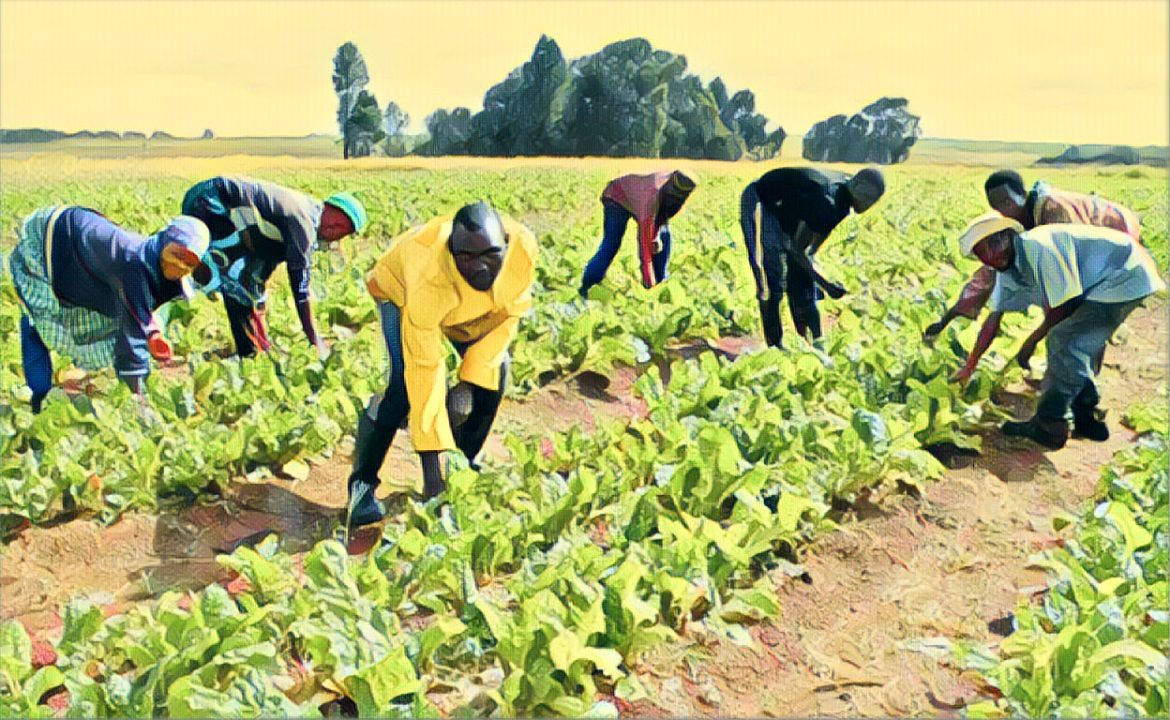As financial institutions emphasize capital in agricultural investment, they often overshadow essential natural assets such as land, water, labor, and local expertise. Without these, capital alone cannot yield substantial returns in agricultural endeavors. This focus on monetary investment has historically hindered the ability of models like contract farming to elevate smallholder farmers out of poverty.
Contract farming often leaves farmers without the leverage to influence prices, consolidating power and profits with the investing company’s shareholders. Agribusiness models should, instead, equitably distribute value among farmers, the environment, and capital owners.
For instance, small grain farmers could share in the ownership of milling companies, an approach currently absent largely due to the capitalist frameworks that exclude most raw material producers from key decision-making roles, including pricing.
Governments and development organizations have the clout to alter ownership dynamics in agribusinesses to benefit farmers and promote sustainable practices. Development agencies, rather than funding infrastructure projects, could instead invest directly in processing companies on behalf of farmers, thus ensuring them a controlled market.
According to a report by Newsday Zimbabwe, the efficacy of diverse ownership models, such as cooperatives, varies across different African nations and commodities. Models that empower producers often create broader value than corporate-focused ones. While cooperatives have seen failures, their collapse tends to be more publicized than the failures of private companies, skewing public perception.
African mass markets, evolving into community-based enterprises, demonstrate a model distributing power and income more evenly along the value chain, though the power to determine fair prices for environmentally friendly products still needs strengthening.
Agribusiness is complex, with more failures than successes. Many cooperatives falter due to the seasonal nature of agriculture, indicating the need for enhanced skills in aggregation and negotiation.
An ideal agribusiness model for African smallholder farmers would combine aggregation, preservation, and market information. Government and NGOs play roles, but a social investor could establish a business addressing farmers’ challenges and ensuring sustainability.
Such a social enterprise could integrate aspects of cooperatives and mass markets, allowing farmers to participate in decision-making without the day-to-day business intricacies. It would recognize that while farmers’ collective benefits are more valuable than individual dividends, the challenge of group dynamics remains significant.
African mass markets, grounded in indigenous commerce, offer a template for reimagining agribusiness models that reflect African identities and knowledge systems, providing a strong base for cultivating alternative models.


